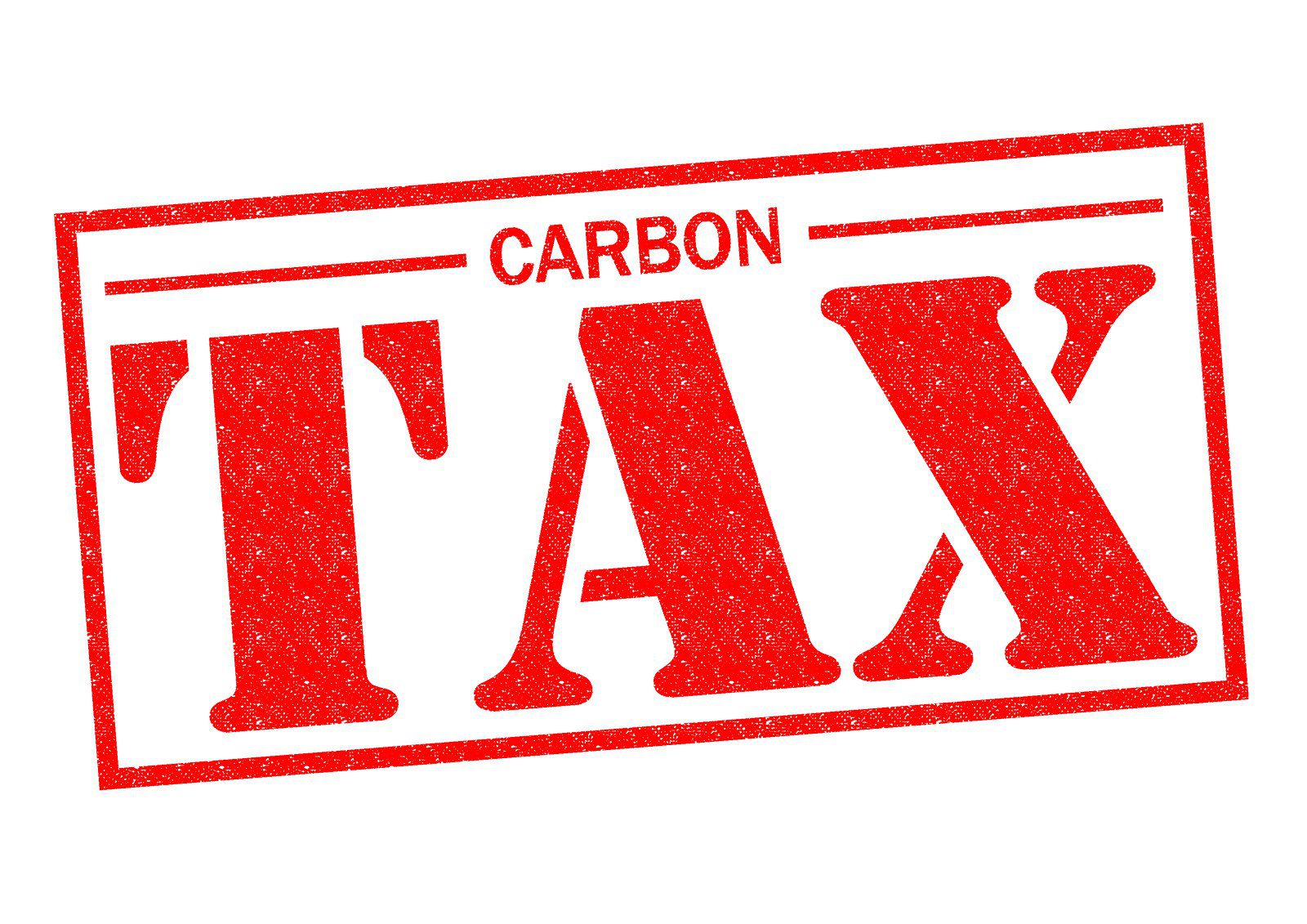There's something about Prime Minister Justin Trudeau's proposed carbon tax scheme that's caused some people to twist our ideological perceptions way out of whack.
For instance, everybody expects conservative politicians to mightily oppose the carbon tax since, after all, opposing taxes is what conservative politicians are ideologically-speaking supposed to do.
Maybe I'm wrong, but I don't ever remember Ronald Reagan ever supporting a tax.
Yet, some smart people in this country are making the case that the carbon tax should actually be regarded as a conservative policy, meaning conservative politicians who oppose it i.e. politicians like Andrew Scheer, Jason Kenney and Doug Ford are basically guilty of something akin to ideological treason.
One such smart person putting forward this seemingly topsy-turvy argument is "conservative economist" Christopher Ragan, who's director of something called the Max Bell School of Public Policy.
In a recent column in the Globe and Mail, Ragan argued the carbon tax is "the only truly market-based approach to reducing emissions."
To put that argument another way, imposing a carbon tax (or carbon "price") will ensure the market place's cold-hearted discipline will inflict such economic pain on gasoline-buying consumers they'll be forced to either reduce consumption or to find alternative forms of "clean" energy.
So I guess, Adam Smith would theoretically love a carbon tax.
And this is Ragan's main point; as he asks in his column: "If carbon pricing is so clearly within the tradition of conservatism, why do today's conservative leaders reject it so strongly?"
That's an interesting question, but if we accept Ragan's premise doesn't that lead to another interesting question, i.e. "If carbon pricing is so clearly within the tradition of conservatism, why do today's socialist leaders accept it so strongly?"
I mean, if Adam Smith would love a carbon tax wouldn't that also mean Karl Marx would hate it?
As a matter of fact, I highly suspect Marx would say bourgeois-capitalistic "market-based solutions" actually end up hurting the proletariat who are lower down on the socio-economic ladder.
Indeed, isn't that the cornerstone of socialist thought?
Isn't that why socialists typically oppose the free market, they believe it helps the rich and burdens the poor?
And couldn't you make the argument that a carbon tax does hurt the poor, that it's actually a regressive tax, one that spares fat cat corporate elites?
So I wonder why, in the name of ideological consistency, no "socialist economist" from some left-wing think tank, is writing articles in the Globe and Mail, chastising any left wing politician who supports the "conservative carbon tax."
He or she might argue that, instead of advocating a carbon tax, leftists should be pushing for massive taxes on private jets and on yachts and on limousines.
Surely, such a proposal would fit in better with a socialist "class war" ethos.
If Ragan can legitimately call Scheer and Ford and Kenney, ideological traitors for opposing the carbon tax, doesn't it follow left-wingers like Trudeau and NDP leader Jagmeet Singh are ideological traitors for supporting it?
Yet, as far as I have seen, socialists have embraced the carbon tax.
And this is the problem I have with Ragan's thesis.
If the carbon tax is such a conservative policy, as he maintains, how is it that socialists can support it in good conscience?
I suppose it's possible they don't understand the supposed free market underpinnings of the carbon tax or maybe they've simply given up on socialism.
But isn't it more likely they simply see the carbon tax as good socialist policy, as an instrument to increase the state's power over the individual?
And given the history of taxes in the past, isn't that a reasonable assumption?
That's why, with all due respect to "conservative economist" Christopher Ragan and to Adam Smith, I'd say conservative politicians are right to be wary of the carbon tax.
In other words, the ideological instincts of Scheer and Ford and Kenney are sound.






